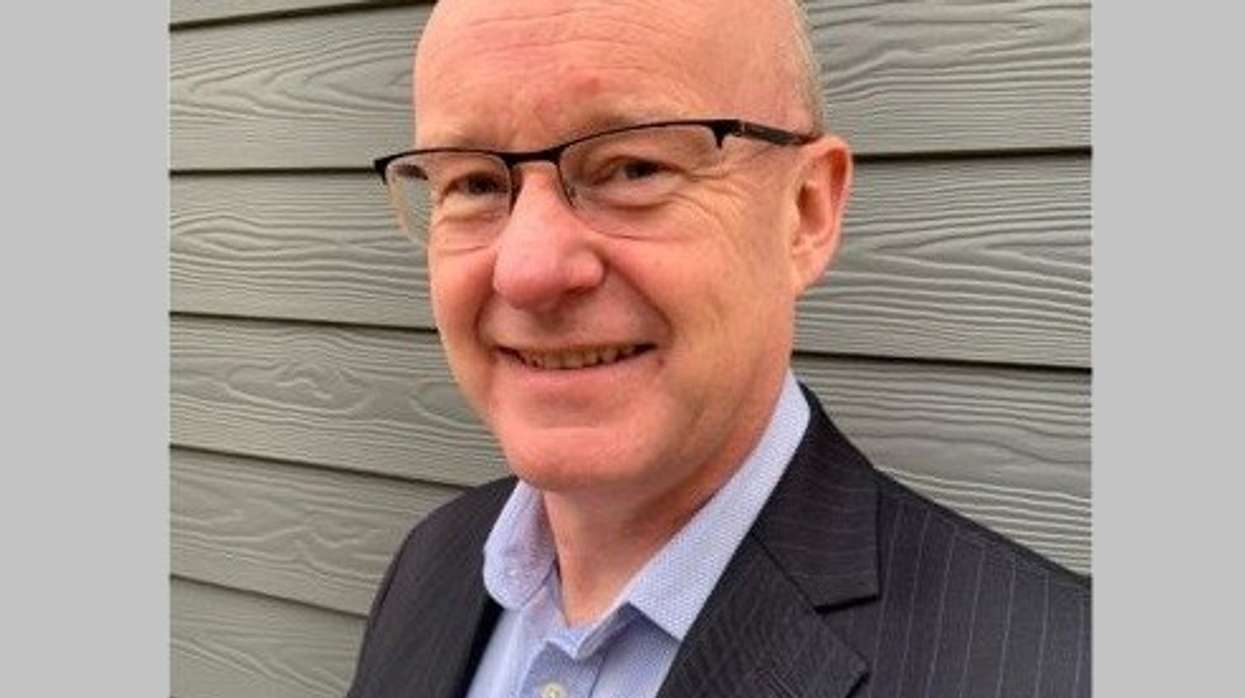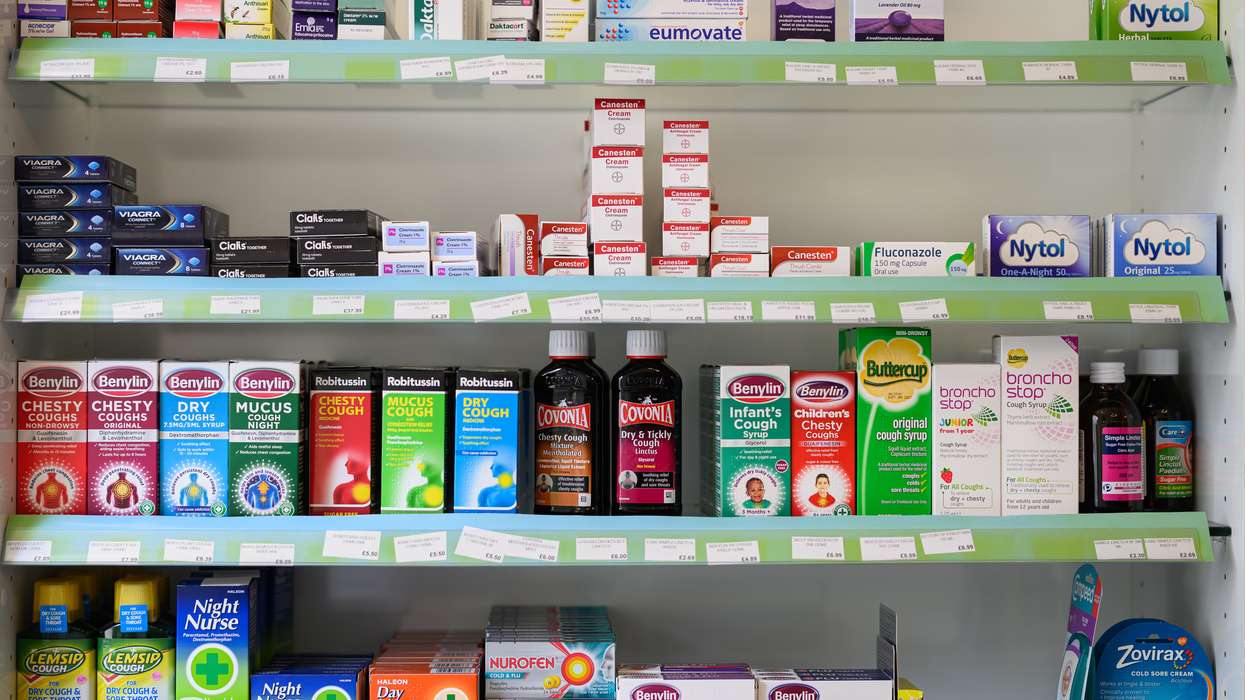The leading pharmacy bodies have come together to launch the ‘Save Our Pharmacies’ campaign which highlights the pressure and untapped potential of the sector.
Pharmacy bodies- Association of Independent Multiple Pharmacies (AIMp), Company Chemists’ Association (CCA), National Pharmacy Association (NPA) and Pharmaceutical Services Negotiating Committee (PSNC) have agreed to work together on a programme of activities to lobby for fair NHS funding for pharmacies in England, including co-ordinating efforts to mobilise public support.
The campaign will focus on highlighting both the pressures that pharmacies are under and the huge untapped potential of the sector – including to offer a Pharmacy First service – if appropriate resourcing is made available.
Mark Lyonette, NPA Chief executive, said: “Together we will be cranking up the noise to persuade Government and NHS to make the right choices and back the community pharmacy sector with decent funding. Maintaining patient and public support is critical to our campaigning success, so this will be a key focus in the months ahead. Our joint message is very clear: pharmacies can help get the NHS back on its feet, but not while the sector itself is on its knees.”
The pharmacy bodies will develop shared resources for effective parliamentary lobbying and mobilising public opinion, in the face of chronic underfunding that threatens further pharmacy closures. They will also work hard to show off the value of pharmacy and to continue pushing for a fully funded Pharmacy First service.
Regular campaign events are expected, with the first likely to run in March. #saveourpharmacies will be the default hashtag for the campaign on social media.
The pharmacy bodies are already meeting regularly to discuss shared concerns, share intelligence and to coordinate work such as to support the All-Party Pharmacy Group. However, this announcement marks a step up in terms of focused joint advocacy on funding matters.
Malcolm Harrison, Chief Executive of the CCA said: “The current annual funding shortfall of £67,000 per pharmacy is simply untenable. The Government can no longer turn a blind eye to the sector’s broken funding model whilst insisting community pharmacy teams do more and more.
Unfortunately, patients, especially those in areas of deprivation, are bearing the brunt as pharmacies continue to close. Without immediate investment, pharmacy closures will only accelerate, and primary care access will deteriorate, plunging the NHS into an even deeper crisis.
The Government has a decision to make, and community pharmacies have already shown the tremendous strides they can take when the country needs them most. A fully funded Pharmacy First scheme will bring much needed investment into the sector and help build resilience and capacity into primary care.”
Janet Morrison, PSNC Chief Executive, said: “We’ve been telling the Government for some months that they have reached a fork in the road: they can continue to degrade pharmacy funding and let patients suffer the inevitable consequences of a reduction in services and pharmacies; or they can invest in this popular, cost-effective, entrepreneurial sector and empower pharmacies to help to meet the many challenges facing our health service.
“This campaign is a clear warning shot to Government about the path they are currently on, and it will also help to keep patients on our side which is something contractors have been asking us to help them with.”











